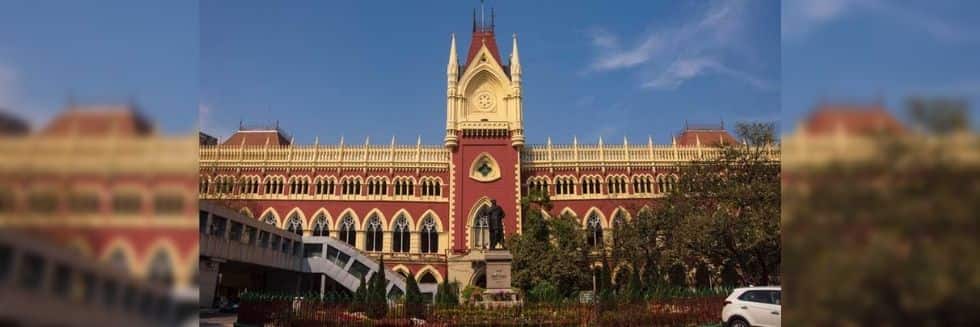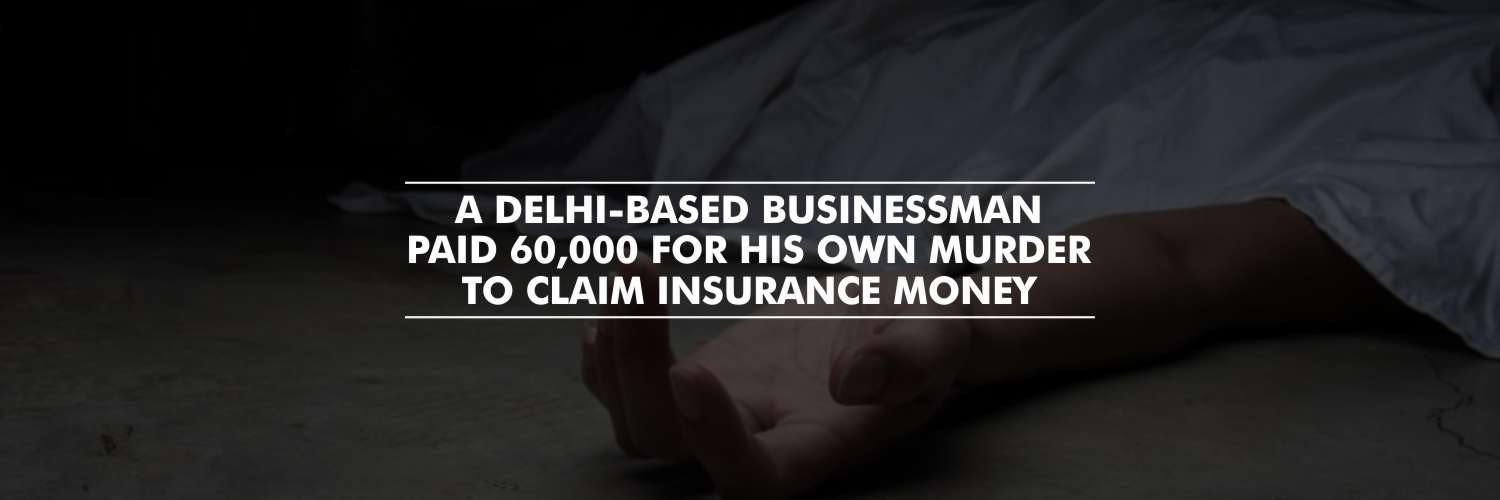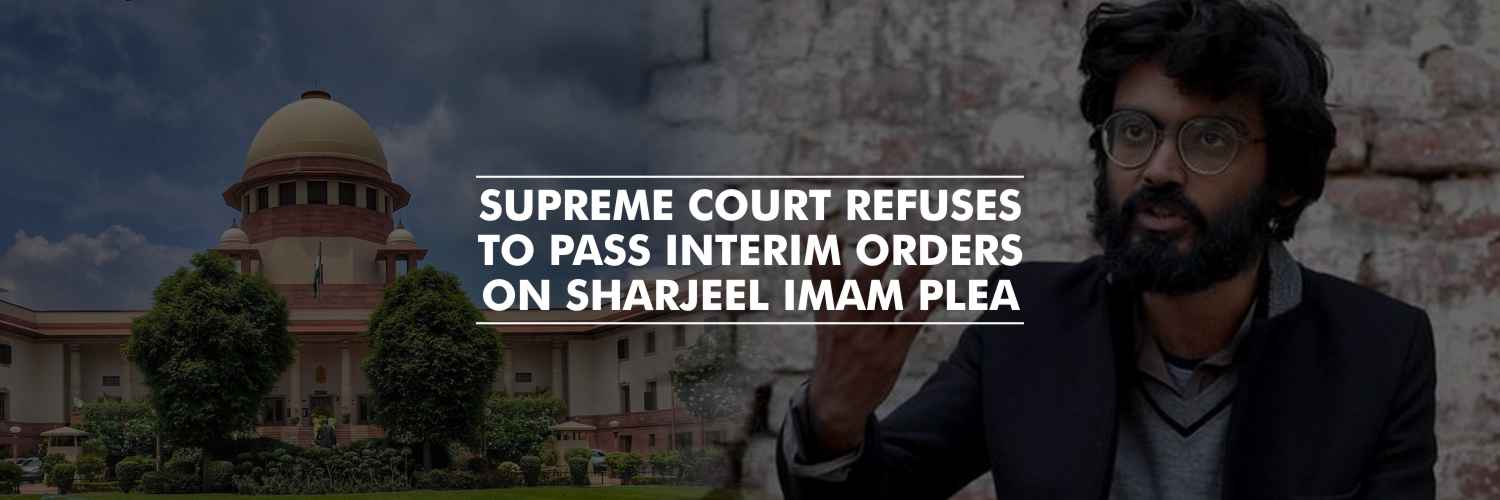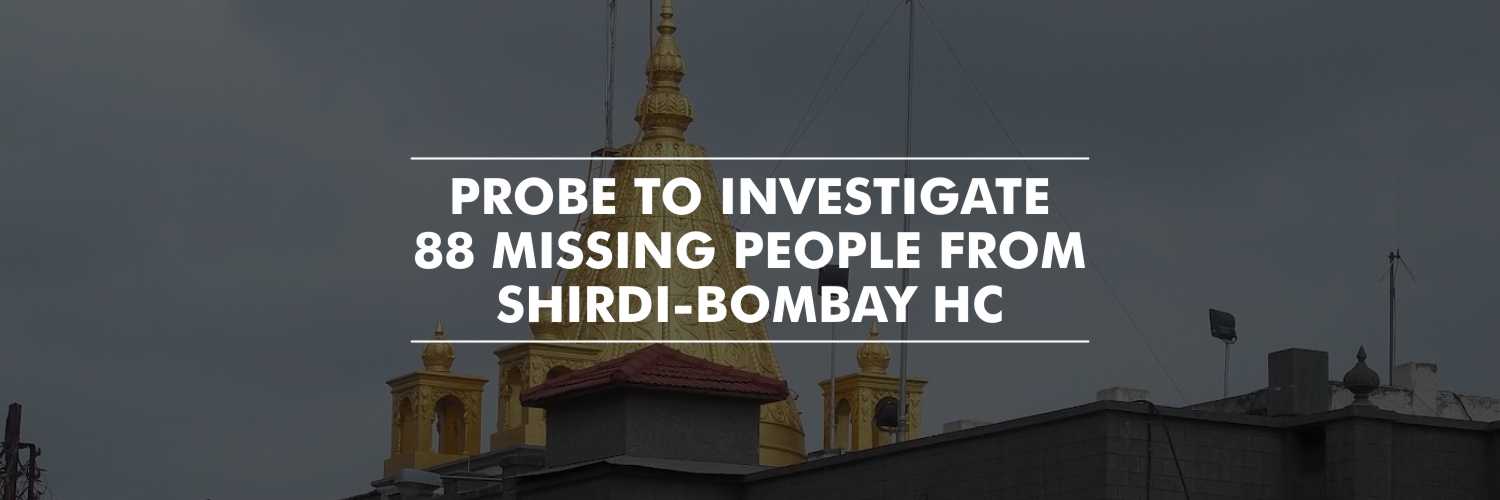Calcutta High Court recently quashed criminal proceedings against a lawyer for allegedly providing false and improper legal advice regarding approval of a bank loan to a company that was later declared a Non-Performing Asset (NPA) for Rs. 2.57 crores.
Justice Ananda Kumar Mukherjee noted that criminal proceedings cannot be launched against the advocate simply because his opinion was not acceptable. Also, there was no evidence that the petitioner was associated with other conspirators.
“It is beyond doubt that a lawyer owes an “unremitting loyalty” to the interests of the client and it is the lawyer’s responsibility to act in a manner that would best advance the interest of the client. Merely because his opinion may not be acceptable, he cannot be mulcted with the criminal prosecution, particularly, in the absence of tangible evidence that he associated with other conspirators. At the most, he may be liable for gross negligence or professional misconduct if it is established by acceptable evidence and cannot be charged for the offence under sections 420 and 109 IPC along with other conspirators without proper and acceptable link between them,” the bench stated.
The bench observed that if there is a link for evidence to connect him with the other conspirators for causing loss to the institution undoubtedly, the prosecuting authorities are entitled to proceed under criminal prosecution however such tangible evidence is absent in the instant case.
In the present case, criminal proceedings were launched against a lawyer under Section 420, Section 468, Section 471 and Section 120B of the Indian Penal Code.
The petitioner had moved High Court seeking directions to quash the criminal proceedings initiated against him by the Central Bureau of Investigation and Enforcement Offences Wing Kolkata.
The bench noted that the petitioner had not been named in the FIR and that if the complaint is taken on its face value and accepted in its entirety, no offence is constituted against the petitioner to make out a case against him. The court held that no material has surfaced in the course of investigation to establish any manner of connection and involvement of the petitioner with the principal accused in defrauding the bank to disburse the loan to the company.
The court also stated that there is no allegation or material in charge that the petitioner had made any wrongful gain from the conspirators or had pecuniary benefit for preparing a wrong search report in favour of the company.
It is undisputed that the loan was sanctioned in favour of the accused company and that the title deeds and other fabricated and forged documents relating to the property were handed over to the concerned bank on arrangement made by the principal accused person, including the directors of the company who had applied for the loan, the bench said.
The bench opined that the petitioner should have been more cautious while ascertaining the genuineness of title deeds.
“The petitioner considered such false and forged documents and prepared his report. He should have been more cautious and careful to hold search at the A.D.S.R office to ascertain if the Title Deeds where entered in the Register to determine ownership of the property and the genuineness of the Deeds and also find out the genuineness of the record of rights from the Land Revenue Office to unearth the names of recorded owner and the nature of the land. The petitioner appears to have been negligent by not fulfilling his duties in proper manner,” the court added.
The court set aside criminal proceedings against the petitioner and noted, “I find and have no hesitation to hold that there is no tangible evidence to establish any connection or collusion between the petitioner and other co- accused persons for the purpose of defrauding the bank in sanction of the loan amount. Even there is no iota of evidence in the charge sheet where from it would indicate that the petitioner due to such act had made a wrongful gain from the other beneficiaries. Under such circumstances continuation of this proceeding against the petitioner would amount to an abuse of the process of court.”






